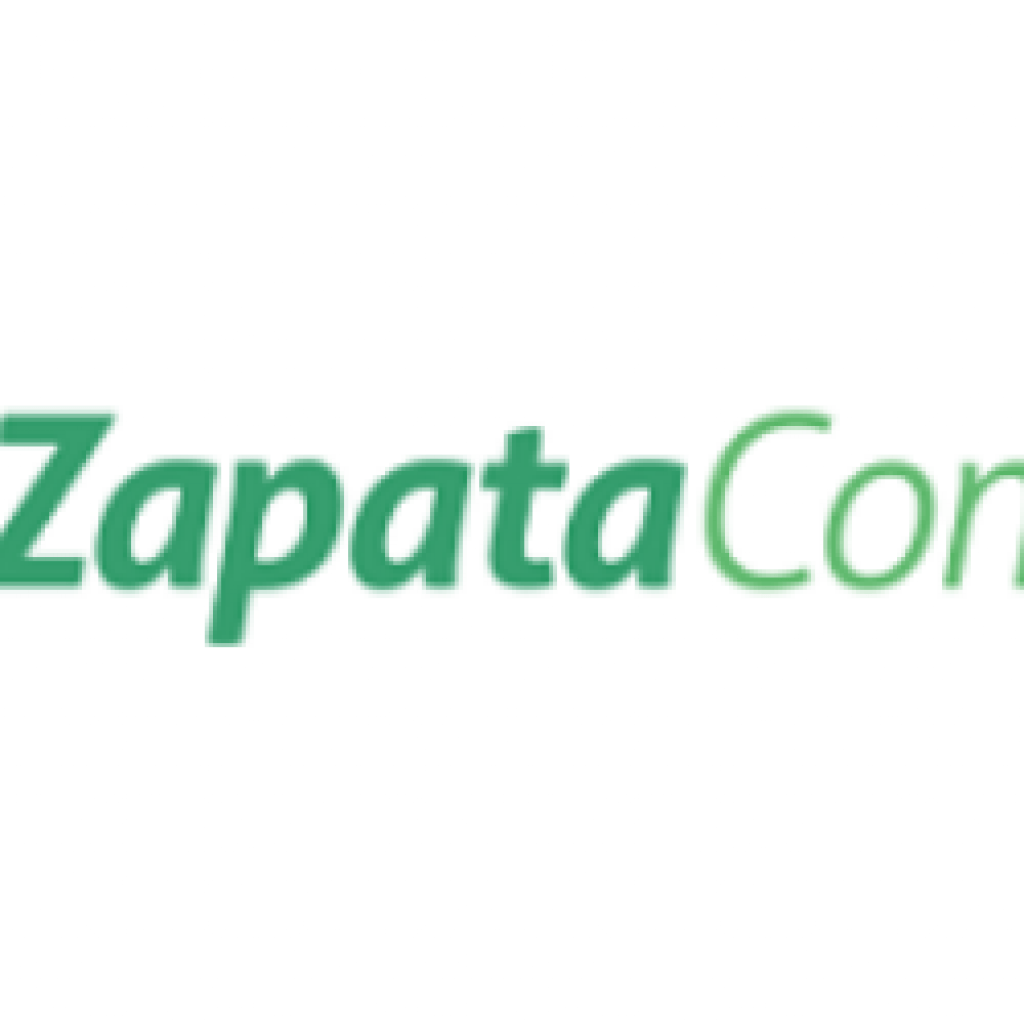(GlobeNewsWire) Zapata Computing, Inc. has a new partnership with Middle East-based King Abdullah University of Science and Technology (KAUST) to be a licensed user of Zapata’s Orquestra®, the modular, workflow-based platform for applied quantum computing. KAUST is examining various lines of research to determine how quantum technologies could represent an advantage over classical compute tools in a variety of Computational Fluid Dynamics (CFD) use cases for airplane and automobile aerodynamic design.
Currently, CFD computations are extremely time-consuming and expensive to run. The simulation process is inefficient, and a lot of time is wasted trying to model air flow around wings and engines more efficiently. Boosting work around those designs could allow manufacturers to build more energy-efficient airplanes and lead to lowered carbon emissions for air travel – therefore, having an enormous positive impact on the environment. Airplane transportation is overall responsible for 2% of greenhouse gas emissions. For airlines and plane manufacturers this could drive meaningful financial and environmental results – all supported by new quantum technology.
Home to the KAUST Research and Technology Park (KRTP) where R&D centers, corporates and start-ups choose to locate themselves, the university has a track record of collaborating with industry partners at national and international levels to transfer research-based technology into the market to achieve public benefit.
Zapata Computing and KAUST Partner to Bring Quantum Computing to the Middle East for the Advancement of Computational Fluid Dynamics
